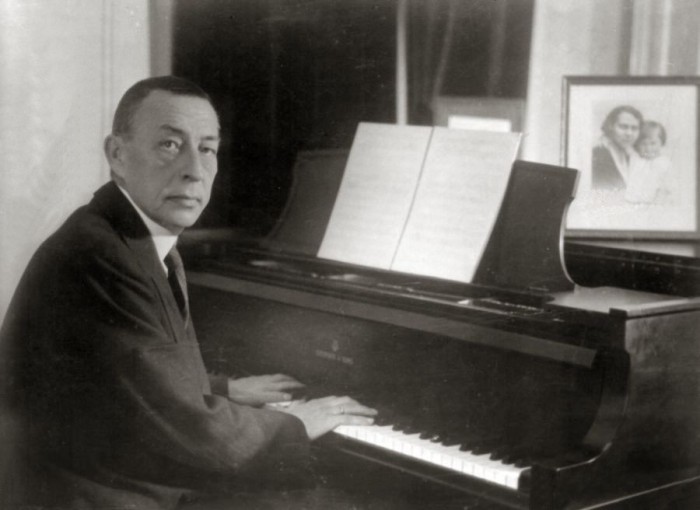Too many of the bands I review are (apparently) uninterested in their songwriting beyond a basic level, and too many of those that actually are interested approach improving it from exclusively an academic position – the idea that applying enough ideas from theory will make for interesting content. DMU’s orthodox positions are firstly that being able to work from some sort of message/concept is a potent motivator, and secondly that greater emphasis is needed on structural development. These are both useful things to keep in mind, but properly implementing them requires a great deal of effort and possibly some rearrangement of your internal mental hardware. While there is no substitute for hard work, there is one particularly useful technique I’d like to share that helps with the latter.
The concept is fairly basic – take a work of music, transcribe it, and adapt it for different instrumentation, but executing it effectively takes some proficiency. For the best results, you need to use instruments that require radically different performance technique than the originals, or at least something that imposes major restrictions on your sonic palette. The canonical example around here is either a kazoo or a piano, depending on how serious an article discussing the subject is. As someone who relies heavily on software to create and ‘perform’ music, I would tend to recommend restrictive, simulationist sequencing software like Famitracker (which emulates the limited sound hardware of the Nintendo Entertainment System). Ultimately, the exercise has been done enough by other people that de-emphasizing the specific choice of instrument makes sense.
Ideally, the very act of rearranging a composition will provide some insights into its structure. Transcribing the composition requires some understanding of what an instrument can and can’t do, and possibly a strong ear if good notation or transcription is lacking. Furthermore, the limitations of the new instruments may force one aspect of the songwriting into the limelight, revealing its strengths and weaknesses. One caveat is that the derivative you end up making will probably incorporate your own biases as a performer and composer, but even that might help you to understand your own strengths and weaknesses in that regard. I personally should know, since I often end up taking my own compositions and rearranging them as I gain access to new tools I want to take advantage of. In the process, I often end up making structural changes that hopefully strengthen the new versions, and I also learn ways to make future works better.
In short, rearranging is a useful technique to learn some aspects of composition, although it’s no panacea, especially since there are limits to how much original thought you add while still calling it a rearrangement. Given an opportunity to hone your composition skills, though, you should seriously consider giving it a shot, especially if you’re in a band that likes to play covers.
Tags: aesthetics, arrangement, composition, kazoo, recontextualization, songwriting



I never could grasp Famitracker. I cheat with GSXCC.
When I’m not listening to Metal, I listen to Rachmaninoff!
I agree with this. I often convert my original music to midi to see if it has equal musical significance when played on another instrument. I tend to find that my best music can be played on multiple instruments and my weaker music only makes sense on guitar.
Back in the day there was a thread on the forum where users posted their MIDI transcriptions of metal songs. There were some really great ones, including a flawless replication of Cries from a Restless Soul by Sacramentum. The cool part was being able to load up these up in your MIDI software of choice to view the notation and mess around with the voices. Unfortunately most of them were hosted on Megaupload and are most likely lost forever.
You can actually find quite a bit of underground metal on http://www.ultimate-guitar.com/ but it’s in their crappy proprietary format.